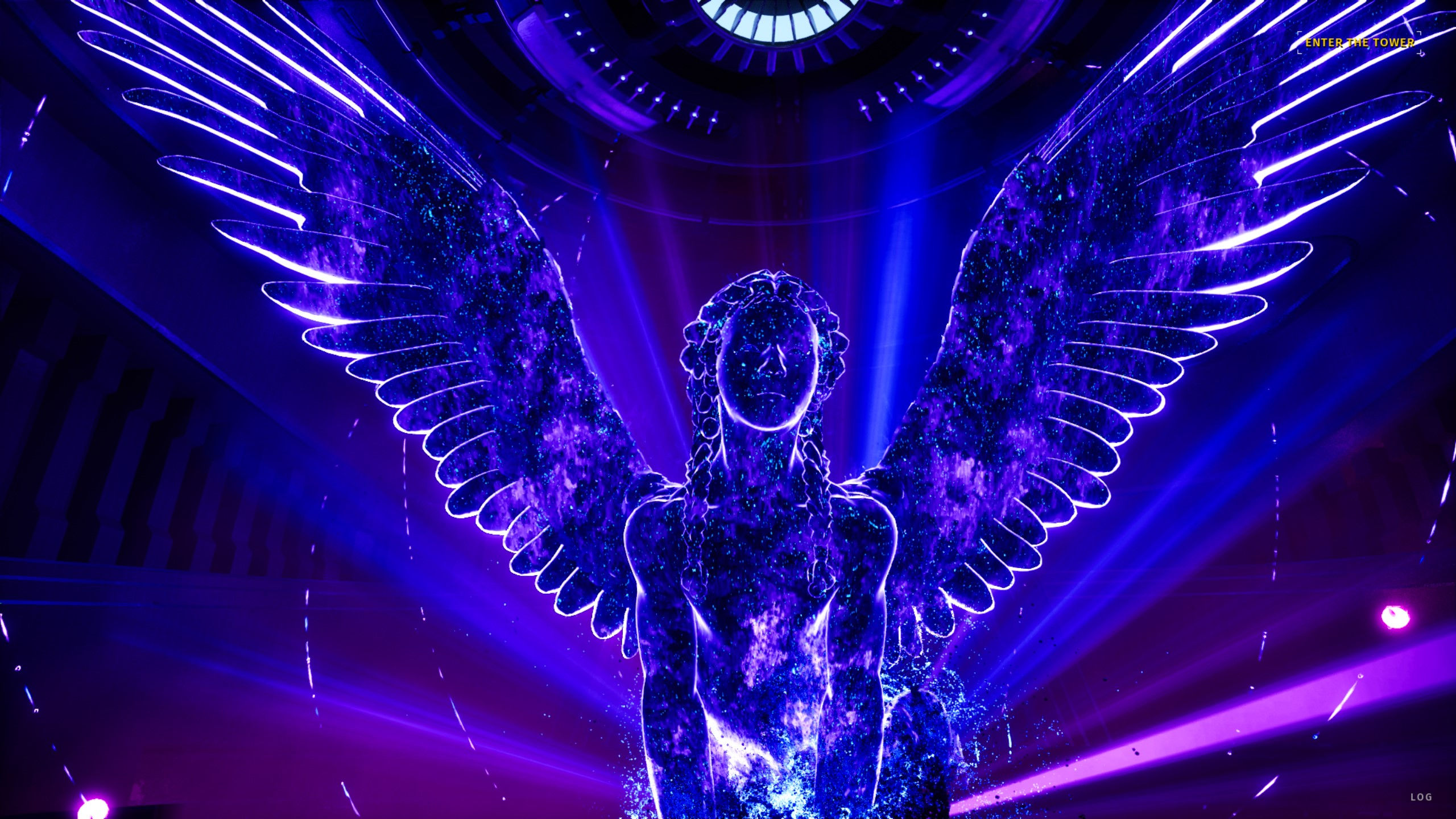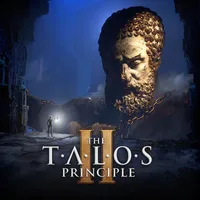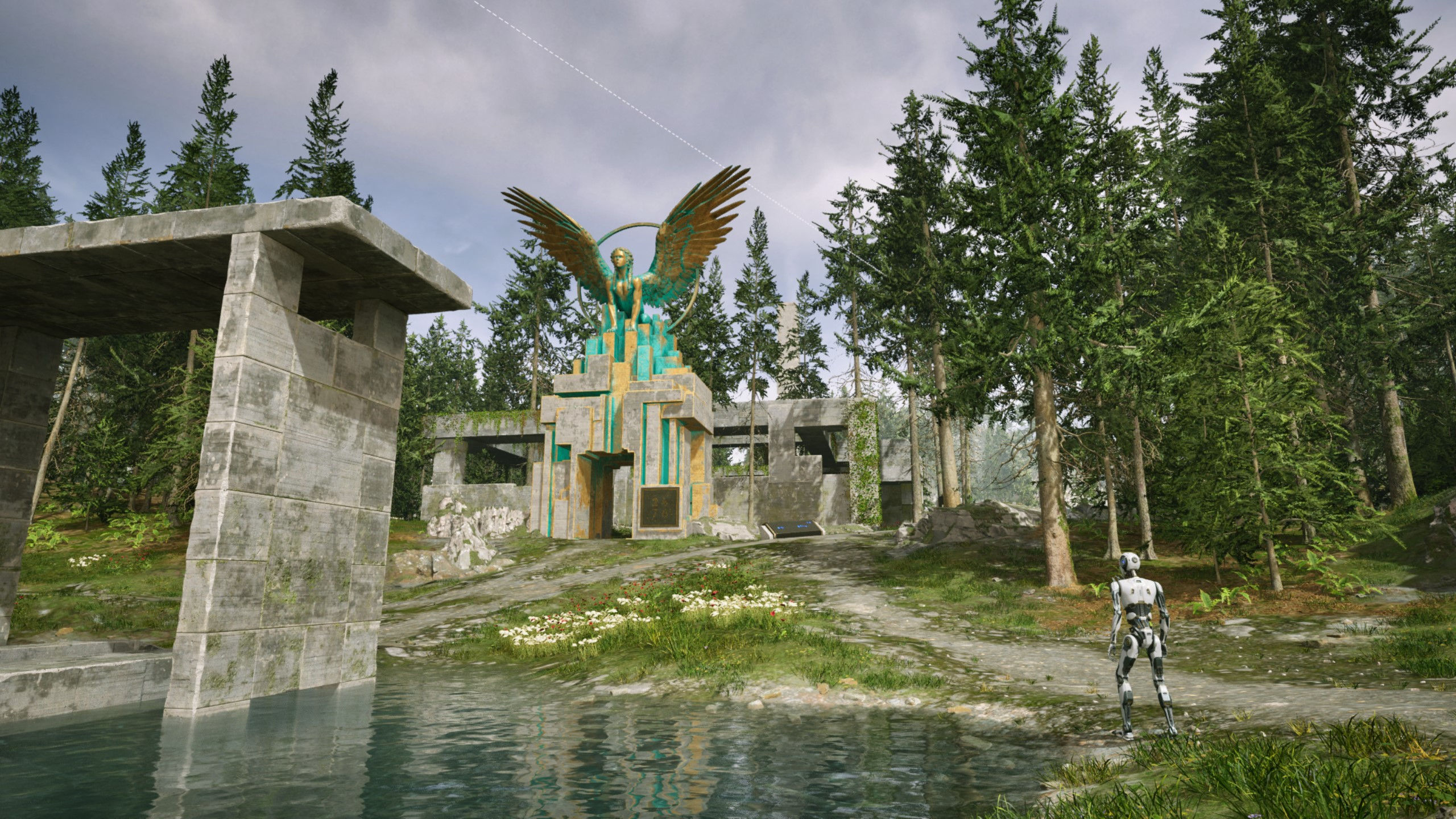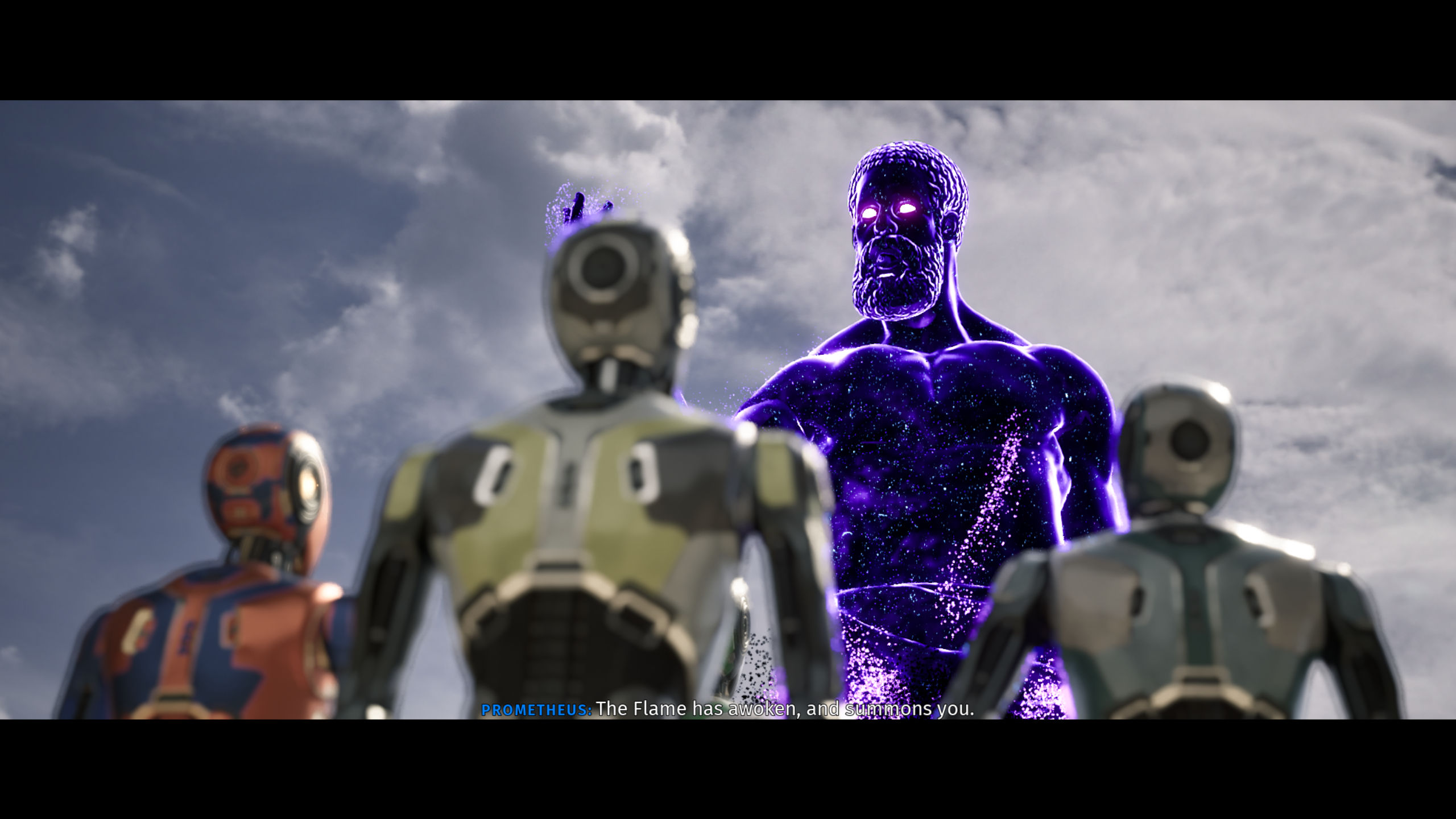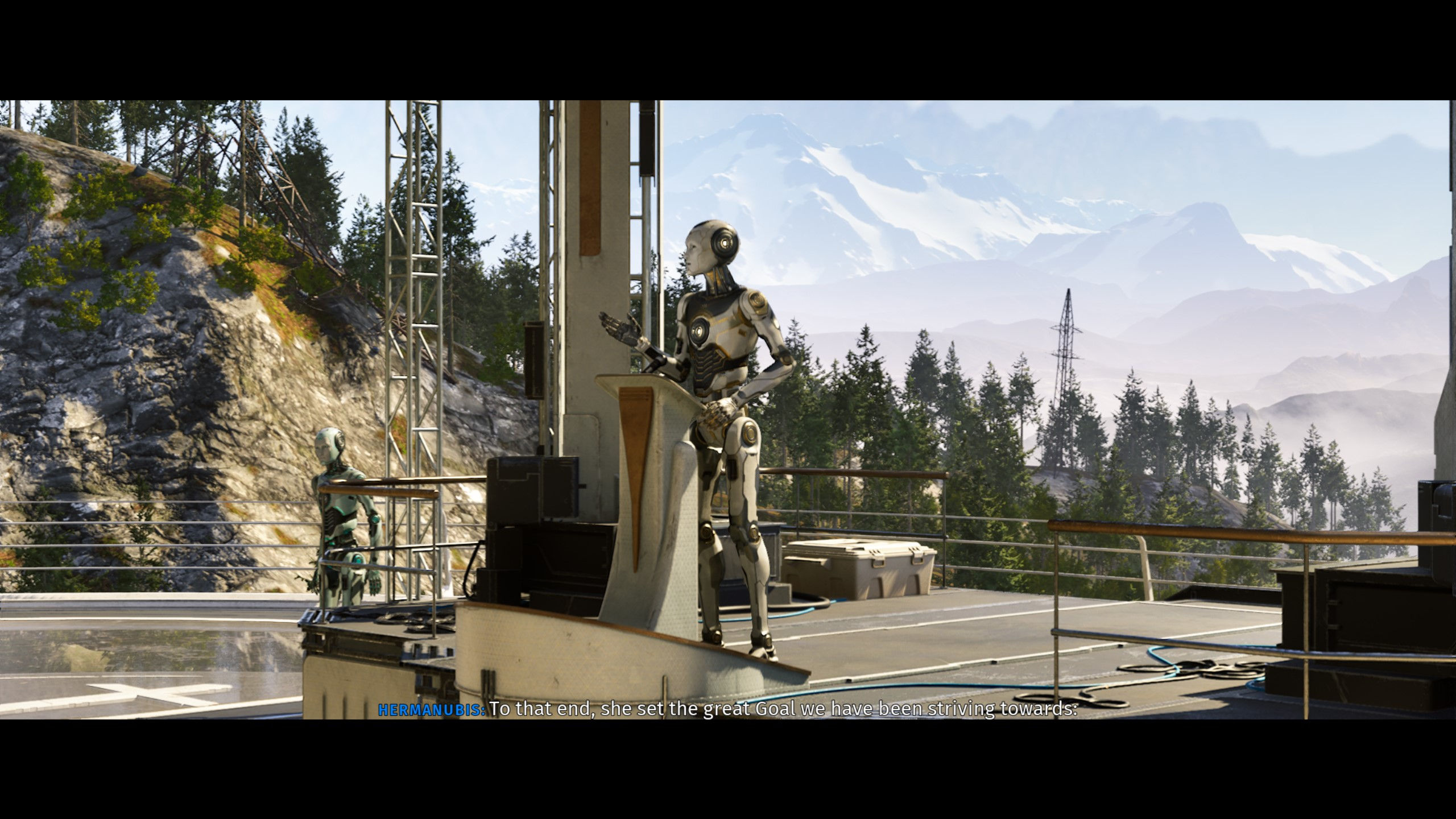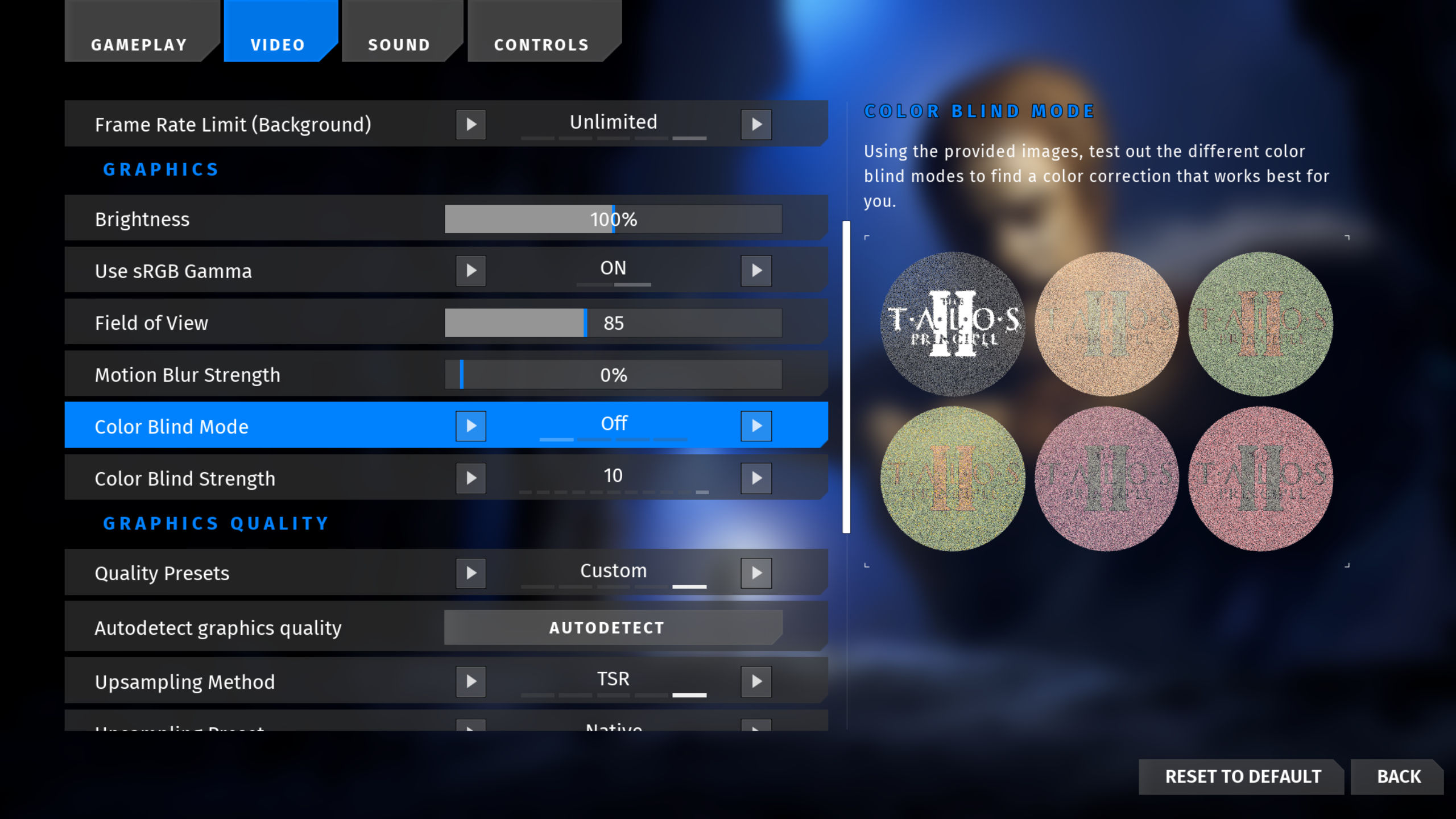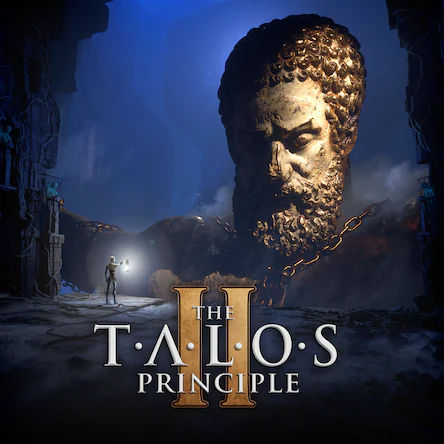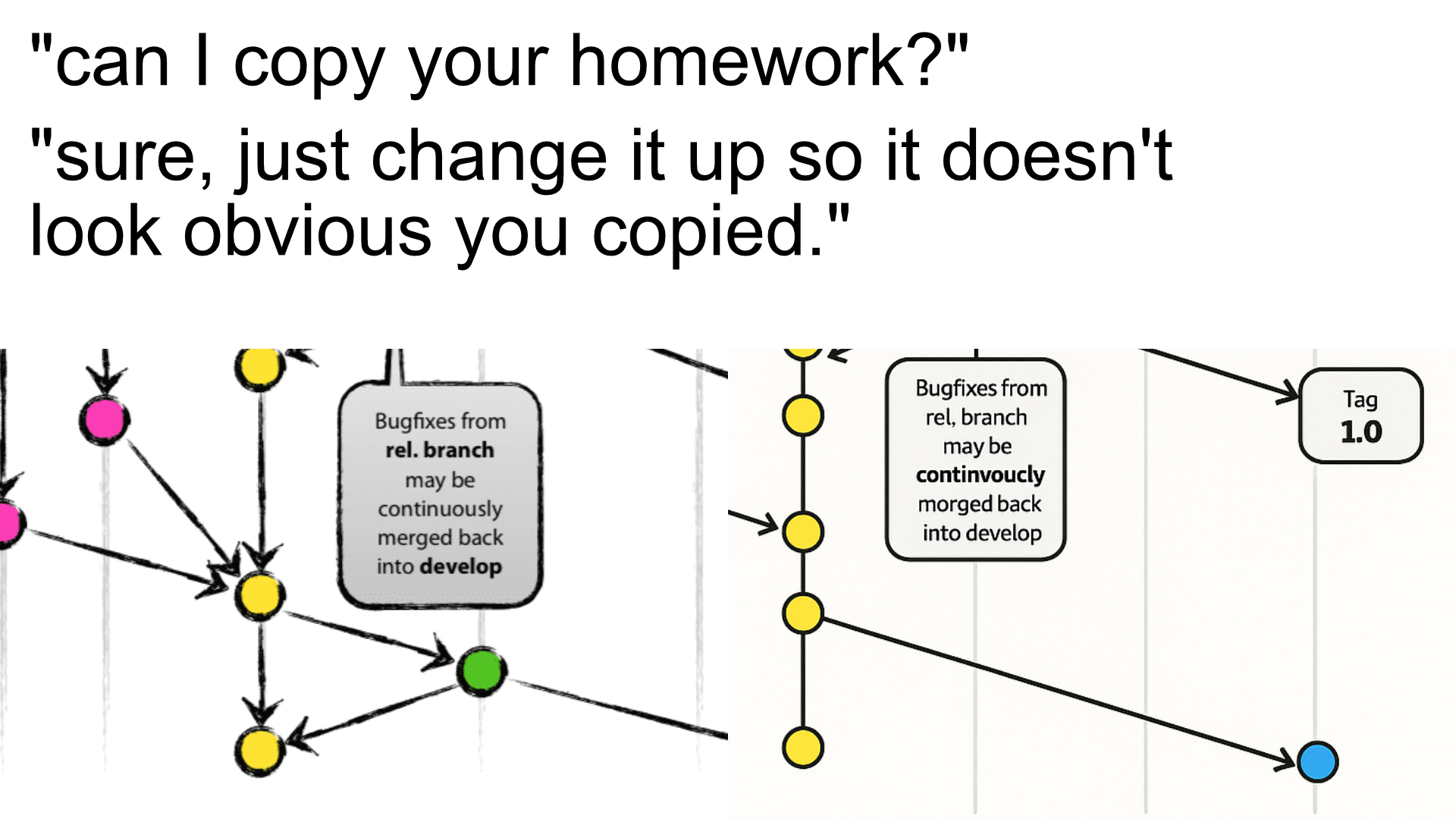Windows Central Verdict
Croteam has created an uncanny post-biological-human world full of Artificial Intelligence, and they are decidedly unique and interesting characters you actually want to interact with and care about. The Talos Principles 2's puzzles are challenging but fair, and rewarding to solve.
Pros
- +
The NPCs are interesting, with their own distinct personalities and voices
- +
The puzzles are challenging without being infuriating
- +
Gorgeous, easy to navigate world that can be roamed freely
Cons
- -
Some minor performance issues, including crashes
Why you can trust Windows Central
2023 has been a stellar year for game releases, and even as we move into Winter, there doesn't appear to be any sort of slowdown.
Even with jam-packed release schedules, games published by Devolver Digital have a way of standing out from the crowd. The Talos Principle 2, developed by Croteam, manages to continue Devolver's winning streak by making me care about AI.
What is The Talos Principle 2?
- Price: $29.99 at Microsoft (Xbox) | $29.99 at Steam (PC)
- Release date: Nov. 2, 2023
- Developer: Croteam
- Publisher: Devovler Digital
- Genre: Puzzle-adventure
- Players: Single-player
- Install size: 40.43 GB
- Playtime: 20+ hours
- Platforms: Xbox Series X|S, Windows PC, PlayStation 5
- Xbox Game Pass: No
- Reviewed on: Windows PC
The Talos Principle 2 is a first-person puzzle-adventure game set in a distant future following the extinction of biological humans. The game picks up after the events of its predecessor, with players taking on the role of an android named 1K. While on an expedition with fellow androids, 1K is tasked with solving a multitude of puzzles so that the team can find their way inside a mysterious megastructure and uncover the secrets held within.
It's not all exciting puzzle-solving adventure and robot antics, however. The more the player experiences, the more they are faced with making ethical and philosophical decisions that can turn the tide of the story. When doubt and discourse begin to take root among the other androids, it'll be up to the player to choose between faith and fear.
The Talos Principle 2
Enter a thought-provoking world where biological humans have gone extinct but culture lives on in curious, puzzle solving robots.
Buy at: Steam (PC) | Microsoft (Xbox)
The Talos Principle 2: Performance and stability
I played The Talos Principle 2 on a gaming PC consisting of an AMD Ryzen 7 5800x CPU and an NVIDIA GeForce RTX 3070Ti GPU with 32 GB of RAM, which is at or above the recommended specs listed by the developer. At 1440p resolution, the game maintained an average of 85 FPS. For the most part, the frame rate remained stable, though some sequences would trigger frame rate dips. The most notable dip was during an early cutscene with the androids riding a monorail system into the city of New Jerusalem.
While the android dream sequences and particle-filled elevator sequences did not cause many issues, the game did crash at one point while I was mid-puzzle. Interestingly, the puzzle in question was one of the few with minimal pieces or lighting effects, but it did cause the game to fully crash to my Windows desktop. However, this only occurred once, and I was unable to replicate it.
The Talos Principle 2: Visuals and soundtrack
The Talos Principle 2's futuristic setting lends itself to some creative and striking visual elements. With humanity having gone extinct, towering structures have been reclaimed by nature, covered with a bit of overgrowth. The island is covered in evergreen trees, with crystal clear ponds and streams. The androids themselves blur the lines between unrealistic and hyper-realistic, with their robotic limbs but distinctly human faces.
All the latest news, reviews, and guides for Windows and Xbox diehards.
Players have access to freely roam the island and the city of New Jerusalem and are soothed by a calm, albeit bittersweet, soundtrack composed by Damjan Mravunac with a guest appearance from Chris Christodoulou.
The Talos Principle 2: Story and world
The Talos Principle 2 continues the story from The Talos Principle, wherein a virus released from melting permafrost effectively wipes out humanity. On the eve of extinction, a scientist named Alexandra Drennan created the first androids —artificial life capable of thinking and feeling— that would allow human culture to continue beyond our natural lives.
With the start of The Talos Principle 2, those AI machines have created a new race and established the city of New Jerusalem. The game begins with a tutorial sequence where we learn to control an android who is about to be "born" in the city. The android is guided by the voice of a figure known as Elohim. After working through the tutorial puzzles, players enter the gates of New Jerusalem as 1K, the 1,000th (and final) android to be born as part of Drennan's project to carry on humanity's legacy.
As the androids gather to celebrate, things take a turn for the unusual when a mysterious being known as Prometheus appears and informs the machines of a nearby island. After some convincing, the androids decide to form an expedition and investigate the location. The island is gated behind a multitude of puzzles, which thankfully the player knows how to tackle thanks to 1K's pre-birth training.
Science fiction stories can be a bit of a tough sell for me, and I'm not particularly fond of concepts such as artificial intelligence. I often find these stories lacking in relevance to me, personally. The Talos Principle 2 manages to shatter that disillusion for me, however. The story is written in such a way that the character's wants, needs, and struggles feel relatable. They, at times, even dare you to question what it means to be human and to experience humanity.
I certainly didn't expect to be questioning faith, fear, philosophy, and humanity while playing the "robot solving puzzles" game — but here we are. I'm invested.
The Talos Principle 2: Gameplay
The Talos Principle 2 gives players the ability to roam the city of New Jerusalem and the mysterious island freely. While exploring, players can chat with different androids, discover secret puzzles, and choose which order they'd like to complete puzzles that they currently have access to. None of the puzzles are timed, and The Talos Principle 2 is very clearly designed so that you will need to slow down and consider all possibilities when clearing a puzzle.
Puzzles have multiple ways they can be completed by the player, including skipping them with Prometheus Sparks. There is always one "main" solution, but there is also plenty of room for player ingenuity and creativity to lead to a cleared puzzle, as well. Even the order in which puzzles are solved is left up to the player, though they are marked as 1 through 8. Each area features a cluster of 11 puzzles : eight standard puzzles, two "lost" puzzles, and a Gold puzzle for an extra challenge.
The Talos Principle 2: Accessibility and approachability
Despite being steeped in gameplay that boasts challenging puzzles, The Talos Principle 2 is surprisingly approachable. The game features no challenges that require timing, precise inputs, or specific solutions. There are no fail states, and players can take their time and try puzzles repeatedly without punishment.
The Talos Principle 2 can be played with a mouse and keyboard or a controller on a PC, and players can switch between the two without restarting the game. I found it easier to navigate the game's menus and dialogue boxes using a mouse while swapping back to my controller when I wanted to explore or solve puzzles.
In addition to being approachable, The Talos Principle 2 offers accessibility settings. The game features puzzles that rely heavily on the player being able to distinguish between the colors of red, blue, and green. Players can turn on Color Blind Mode to change the colors into something they can more easily read.
Players can opt between first-person and third-person view, as well as dynamically swap between the two cameras with the press of a button.
The Talos Principle 2: Final thoughts
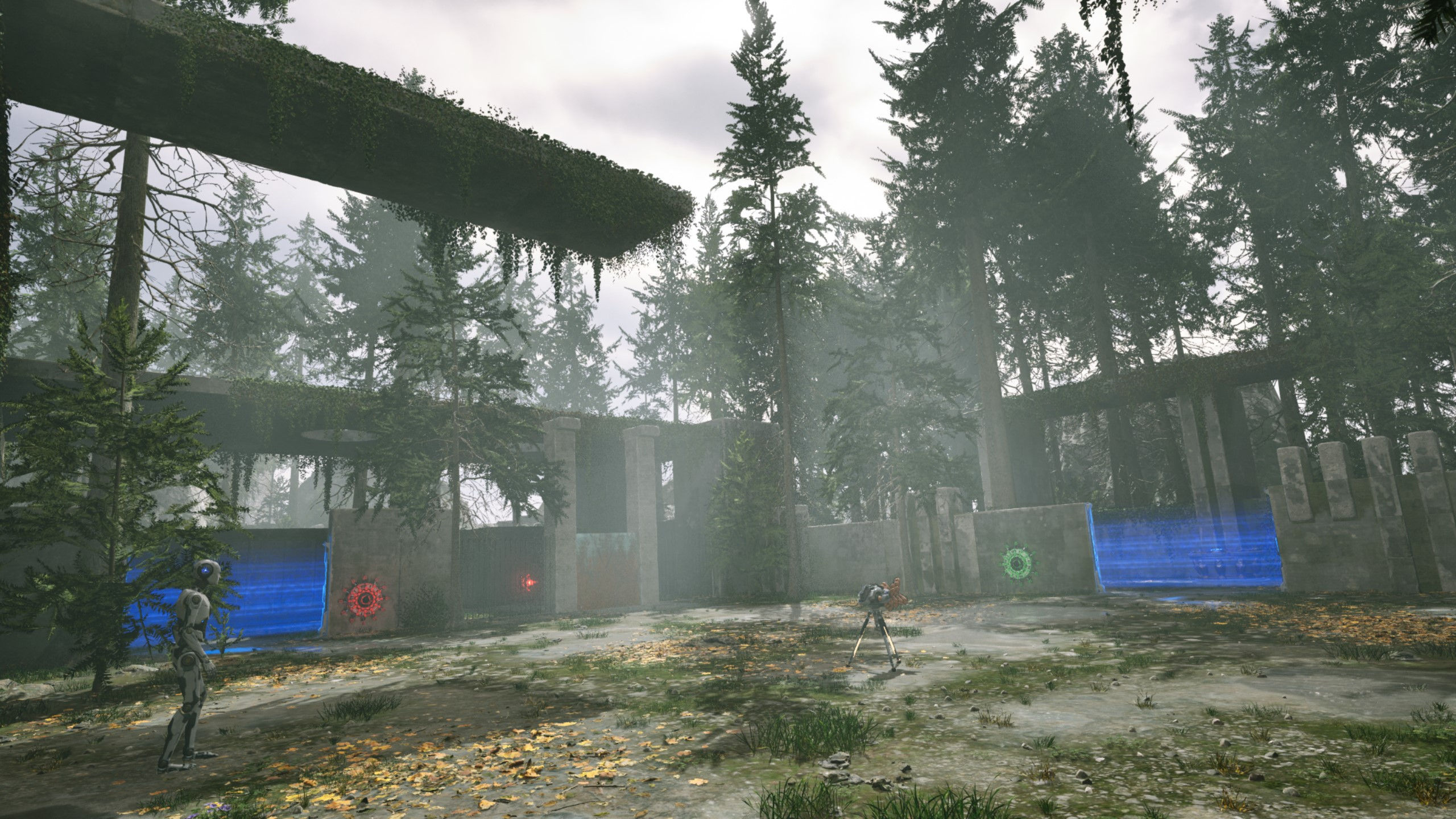
You should play this if ...
✅You enjoy complex puzzles
The Talos Principle 2 may be approachable and forgiving without combat or fail states, but that doesn't mean the puzzles are easy to run through. As the player makes their way through the gauntlet of challenges, the puzzles become increasingly more complex. From moving boxes to bending gravity, things can escalate quickly.
You should not play this if ...
❌You want something quick and easy to play
The Talos Principle 2 is a legitimate challenge. The puzzles can require time, patience, and a willingness to think outside the box to overcome them. There's a reason you can unlock an achievement for taking 20 minutes or more to finish a puzzle.
The absence of a fail state does not an easy game make.
My initial fear with The Talos Principle 2 was just how much the futuristic sci-fi element of the story would cloud my willingness to enjoy it.
You can convince me to suspend disbelief for vampires, werewolves, and all manners of things that go 'bump' in the night. But you lose me at futuristic robots mimicking humanity. Despite my pre-judgment, The Talos Principle 2 has won me over.
The newly minted 1K is an intriguing character, forced to grapple with a prophecy they did not sign up for to usher in a future they're not sure is the best path. Players are given the freedom to shape 1K's story with their own choices, and the player's experience with the talented puzzle-solving AI life form will differ, much like their puzzle solutions. Leave it to a game from Devolver Digital to make me care about artificial intelligence.
The Talos Principle 2 launches on Nov. 2 across Xbox Series X|S consoles, Steam, and PlayStation 5.

Cole is the resident Call of Duty know-it-all and indie game enthusiast for Windows Central. She's a lifelong artist with two decades of experience in digital painting, and she will happily talk your ear off about budget pen displays.
